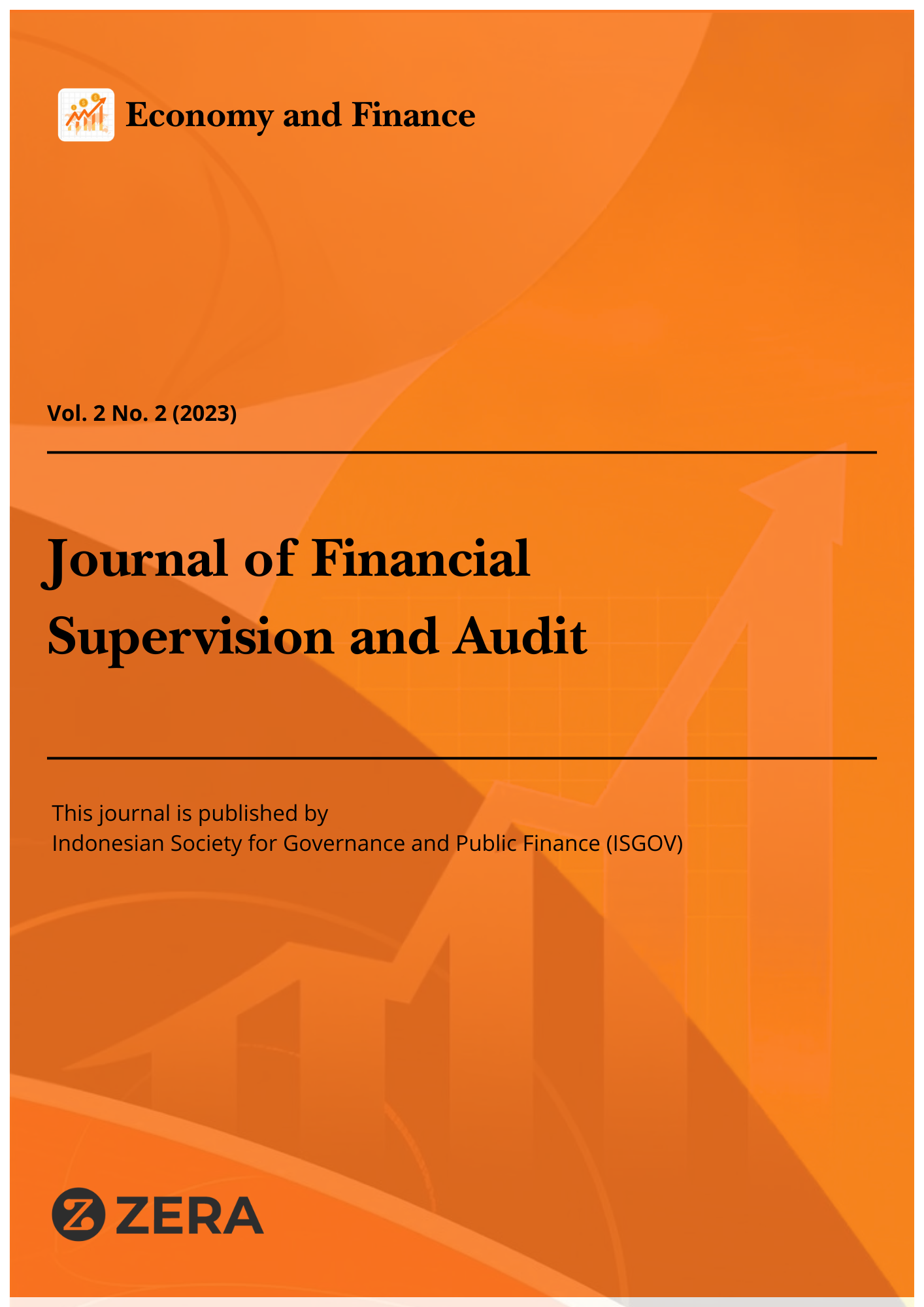Keywords:
Carbon Tax, Greenhouse Gas, Industrial Sector, Low-Carbon Industry, Policy ImplementationAbstract
The rise of greenhouse gas (GHG) emissions from the industrial sector significantly contributes to global climate change. In Indonesia, this sector accounts for over 20% of the country’s total emissions, largely due to heavy reliance on fossil fuels. To address this, the government has introduced a carbon tax as a fiscal tool to internalize environmental costs and promote the shift toward a low-carbon industry. This study examines the effectiveness of the carbon tax in lowering GHG emissions in the industrial sector and explores challenges in its implementation. A qualitative method based on literature review was employed, using secondary data from journals and official reports. Findings indicate that the carbon tax can strongly encourage energy efficiency, the adoption of green technologies, and behavioral changes among industry actors. Nonetheless, several obstacles persist, including industry resistance, limited understanding of policies, technological constraints, and inadequate emission monitoring. Strengthening policy awareness and technological support is critical to maximize the carbon tax’s effectiveness in achieving a low-carbon industrial transition.


